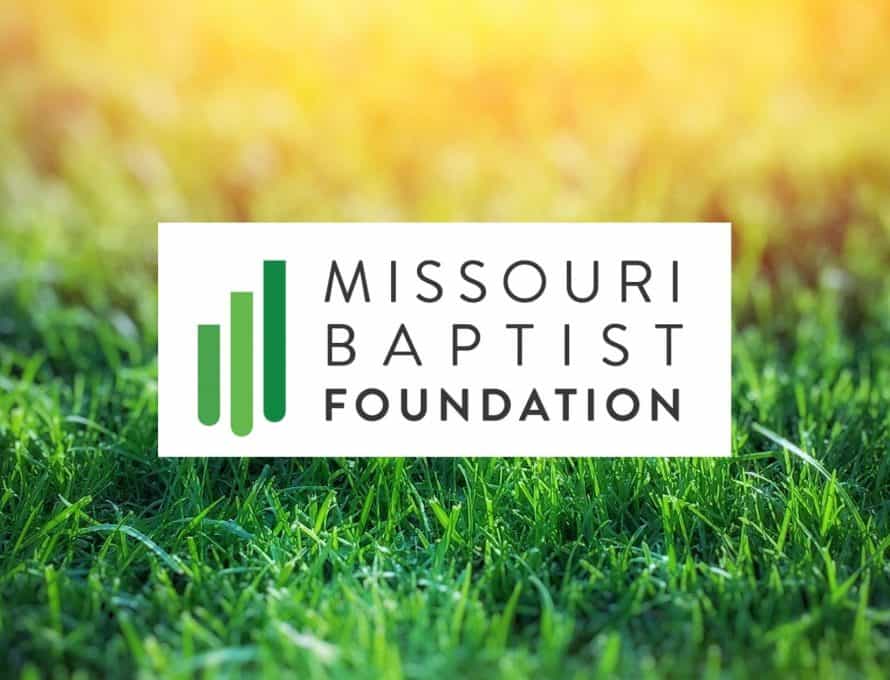EDITOR’S NOTE: Neil Franks serves as president of the Missouri Baptist Foundation.
I have a funny last name.
Not like a name that makes you laugh or a name that is hard to pronounce; rather, my last name is sometimes confused for a first name. For instance, I admired my wife’s pastor; he was a fantastic godly leader and a brilliant expositor of the Word. One Sunday, we returned from Seminary for a visit; I looked forward to seeing him and listening to his sermon. At the end of the service, he acknowledged us being back for the Sunday and said, “We are so glad to have Kendra and Frank Neils with us today.” It crushed me. But he was not the only one to call me Frank Neils throughout the years.
Aside from the occasional “hot dog” comment (as in beef franks), I would much rather have the last name Franks (I believe I am descended from Charlemagne, the king of the Franks, and am heir to most of Europe as he united much of it at his crowning in 800 AD on Christmas Day as King of the Holy Roman Empire) rather than the first name Thomas.
Why not Thomas? Because “doubting” is attached to his name, which is less exciting than “brave,” the “great,” or some other positive modifier. I do not think anyone would enjoy the title; “Doubting Neil or Doubting Frank” or a doubting “insert your name here.”
Yet, many of us are doubters, more than we would like to admit or have our preacher know. Doubting is part of our human nature. Consider a recent message from Timothy Keller on Genesis 15. Abram received a vision from the LORD promising that He would be his shield and that God would bring a great reward. I don’t recall ever having a clear vision from God. Especially not one where God promises to be my shield. You would think that might encourage Abram.
But notice his response, “God, what will you give me to prove it? You promised in chapter 12 that you would make me a great nation, but here in chapter 15, there is still no heir. Is my servant Eliezer going to get everything?” Do you hear his doubt? Despite a promise from God in a vision, he still doubted. After God reaffirms His promise, in verse 8, Abram doubts himself, “How will I know that I shall possess it? I doubt my ability to do my part; what if I fail?”
God answers these two doubts with what theologians call a “theophany,” a physical appearance of God. A smoking fire pot and the flaming torch (or some variation based on your preferred translation) pass through the dissected animal sacrifices as confirmation of the promise via a “cutting” of a covenant—a more graphic way of ratifying a contract than a simple signature.
In other words, God makes a life and death contract with Himself through actions, not just words, that He will do what He has promised. He makes the promise independent of Abram’s actions and enforceable by God alone upon Himself. Now, this is not a promise from God that you will have success, your investments always go up, or you will not face suffering. But it is a promise that God will redeem a people, his people, Abram’s people, even if he must die to do so.
And He did!
Through Jesus’ blood, our sin debt is paid, and our transgressions are forgiven. Not by our works but by our faith in the work of Jesus. So, in these difficult times, don’t doubt God will provide everything you need. Because He already did.

